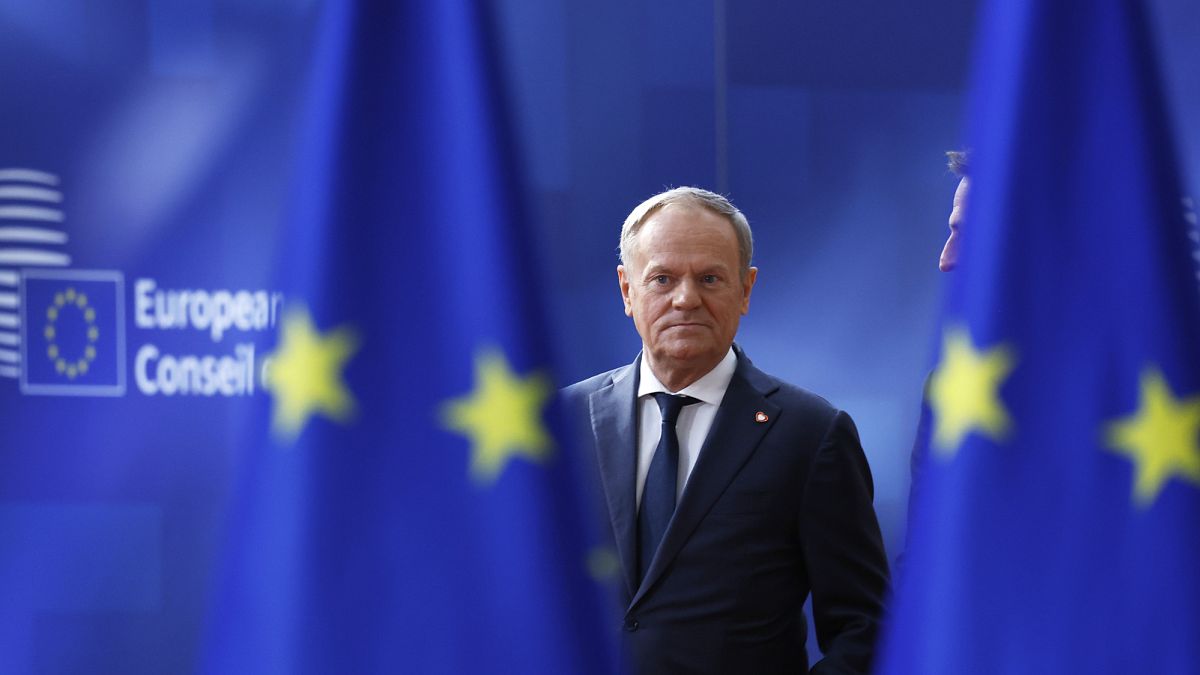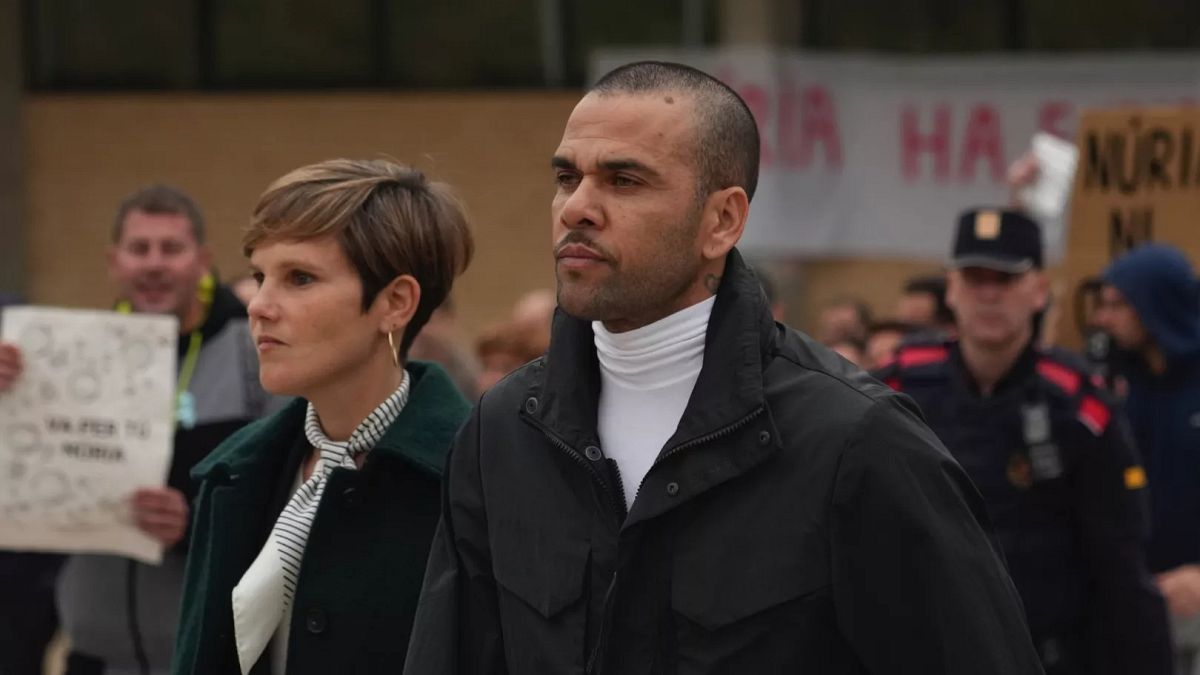Many highly dangerous substances have remained on the market, sometimes for years, while the EU executive flouts legal deadlines on authorisation decisions, the Ombudsman has found, warning of a ‘threat to health and environment’.
Systematic delays to decisions on the authorisation of dangerous chemicals amount to “maladministration” by the European Commission and the practice is putting people and ecosystems at risk, the EU Ombudsman Emily O’Reilly has found.
The Commission is required by law to table a draft decision within three months of a request for a permit to continue using a banned substance – possible in cases where a producer or manufacturer can demonstrate that risks can be minimized and there is no viable alternative.
But the results of an investigation launched last year on O’Reilly’s initiative and made public today show the EU executive takes over 14 months on average to take such decisions, and sometimes several years.
‘Threat to health’
“These delays represent a threat to human health and the environment as companies are able to continue using the chemical substances, which may be carcinogenic, mutagenic, toxic for reproduction, or have endocrine disrupting properties, during the authorisation process,” her office said in a statement.
The findings came as no surprise to environmental campaigners, who have complained for years about the glacial pace of the EU chemicals restriction process.
For the European Environmental Bureau (EEB), an NGO umbrella group, the probe clearly shows that “EU officials broke the law by delaying bans on dangerous chemicals over the course of nearly two decades”.
But the Commission has blamed delays on the complicated process set out under the EU’s main chemicals regulation, known as REACH.
In a publicly available response to the Ombudsman’s initial request, the Commission said in August that it “in principle avoids proceeding to votes [on the decisions] if there is no reassurance of sufficient support” from the EU’s 27 member states, represented in a committee of government delegates that meets behind closed doors in Brussels.
Another excuse given was the “limited availability of suitable meeting rooms at Commission premises”.
For Tatiana Santos, a chemicals specialist at the EEB, the Commission should not be swayed by political considerations. “What we are talking about here is really the Commission's failure to even draft a proposal to put to the vote,” she told Euronews.
“One of the arguments they use is that they have internal political discussions within the Commission,” Santos said. “And what we claim is, you don't have to do that because the political discussions should take place in the REACH Committee, not in the Commission.”
The Ombudsman also criticised the secrecy surrounding the committee, concluding that the Commission’s lack of transparency also constituted maladministration. Public records of the meetings contain scant information on the reasons for delays or the positions of individual governments, O’Reilly found.
‘Reckless’
Hélène Duguy of the legal charity ClientEarth, said the findings suggest a “reckless” attitude towards chemicals regulation. “This unacceptable behaviour undermines the rule of law and people’s trust in EU institutions,” she said. “It’s now time that EU officials pay heed to the Ombudsman’s recommendations and prioritise public interest over the profits of toxic companies.”
The EU executive said it had “taken note" of the Ombudsman’s criticism. “Some of these procedures for adopting these decisions are quite complex,” a spokesperson told reporters in Brussels. “Some of the timelines are not within the control of the Commission.”
The Commission has three months to respond in detail, but was “willing to examine how our internal procedures can be improved”, the spokesperson said. President Ursula von der Leyen had pledged to “simplify” regulations during her second term, having been criticised for shelving a planned revision of the REACH regulation during her first.
Environmentalists are concerned more broadly that the Green Deal agenda of von der Leyen’s first term will be replaced with a sharper focus on industrial competitiveness in her second, with environmental standards allowed to slip.
Commissioner designate for environment Jessika Roswall is tasked with overseeing chemicals policy reform, and is likely to face a tough parliamentary hearing on 5 November.
Green MEP Jutta Paulus told Euronews she expects Roswall and Frenchman Stéphane Séjourné, who is in line for the industrial portfolio, to demonstrate a commitment to maintaining health and environmental standards.
“They should give assurances that the simplification of REACH will not undermine this protection, but rather accelerate the regulation of hazardous and whole groups of substances,” Paulus said.

 5 months ago
56
5 months ago
56






 We deliver critical software at unparalleled value and speed to help your business thrive
We deliver critical software at unparalleled value and speed to help your business thrive






 English (US) ·
English (US) ·